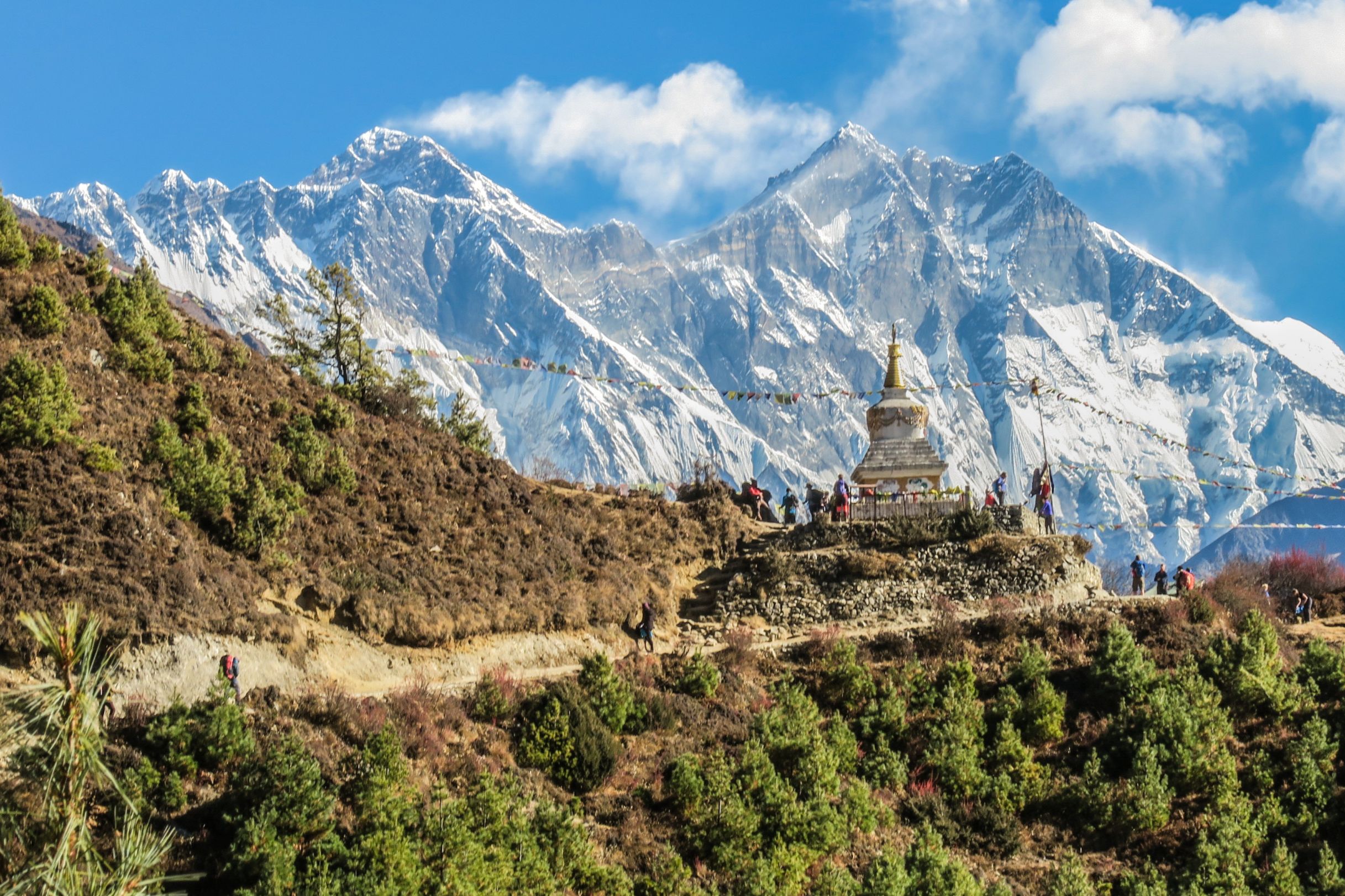
In a world of climate crisis and social strife, is minimising our impact while travelling really enough? Sustainable travel expert Holly Tuppen explores how adventures can heal and restore the places and people that need it the most.
If overtourism describes destinations which are struggling under the burden of too many visitors, the term ‘undertourism’ describes exactly the opposite; those places that are in need of more tourists. This not only includes cities and attractions appealing to travellers who are fed up with crowds and tourist hotspots, but also places which are suffering from natural or man-made disasters.
When it comes to travelling responsibly, this is the cream of the crop; these are the places where tourist money goes furthest, and where they truly make a difference.
Sri Lanka’s tourist numbers have shrunk by 57% since last April’s bombings…
Examples include Nepal after the devastating earthquake of 2015 when tourism, the country’s primary GDP, collapsed overnight — or Dominica, which had its entire infrastructure wiped out by Hurricane Maria’s 160-mile-per-hour winds in 2017. Other destinations that have struggled with the aftermath of natural disasters include Haiti, Mozambique and Thailand. Tragically, the list is only likely to grow with the onset of the climate crisis.
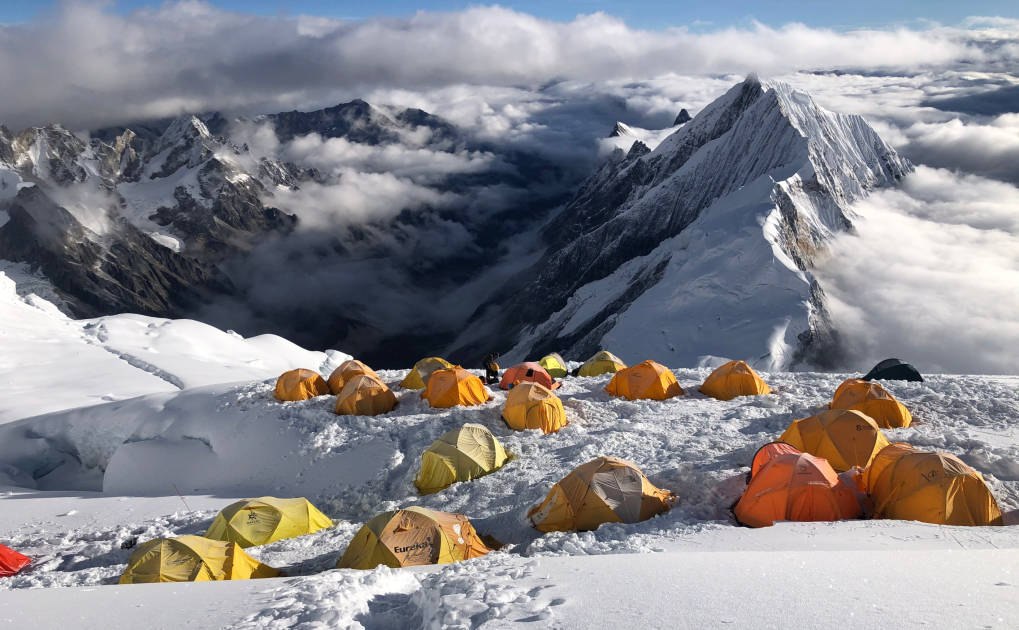
Other places in need of tourists are those that have suffered from civil unrest or terrorism — Rwanda, Bosnia, Colombia, Egypt, Sri Lanka, Jordan and Morocco are just a few examples. Annual visitors to Egypt have plummeted almost 10 million since 2016, and Sri Lanka’s tourist numbers have shrunk by 57% since last April’s bombings. Whether recent events or decades ago, it can take a long time for a country’s reputation to be repaired and tourists to return. In the meantime, hundreds of people’s livelihoods are taken from them overnight.
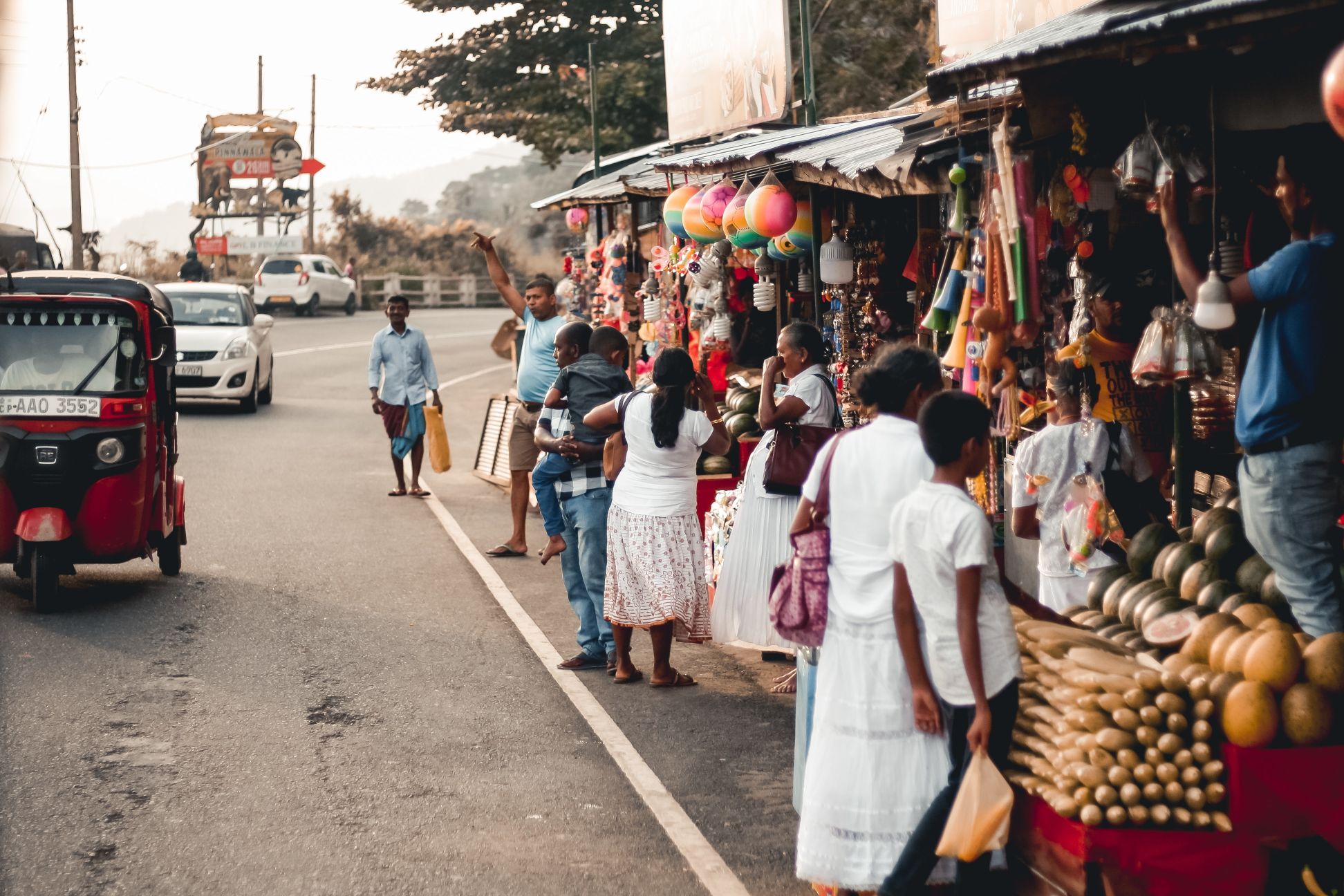
Rather than merely contributing to an economy, it’s in these destinations that tourism can help to rebuild lives, restore nature, heal history, instil hope, and bring places and people back from the brink. When I spiral farthest into the black hole of sustainable travel and conclude that we shouldn’t travel at all, it’s these stories that pull me back up.
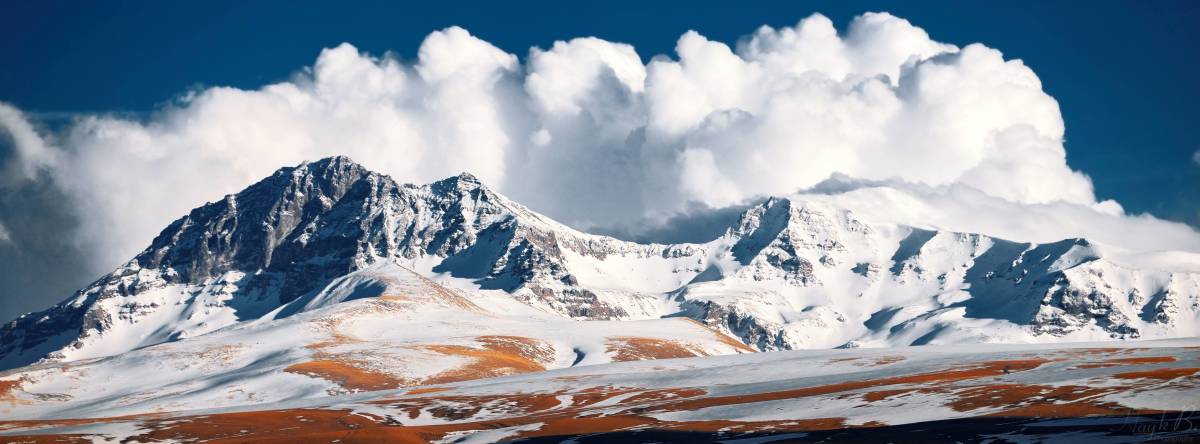
Megan Devenish, Head of Product Expansion and Sustainability at Much Better Adventures, explains why championing places experiencing ‘undertourism’ is a no-brainer. She says, “Our mission is to find off-the-beaten-track adventures that celebrate pristine nature, solitude, and authenticity, so we naturally lean towards places that have been overlooked or visitors have deserted.”
Good tour operators not only respect ecosystems and communities but actively protect and nurture them…
Of course, even these destinations need the right kind of tourism. Hotel chains and large operators can quickly exploit vulnerable communities. Big business is likely to win over local officials with hefty investments — ‘we’ll rebuild your roads if we can build a 150-room hotel’ type thing — but often ignore the more nuanced needs of the community and ecosystem.

At the opposite end of the spectrum, small-scale adventure tourism values those nuanced needs the most. Good tour operators not only respect ecosystems and communities but actively protect and nurture them. This means limiting numbers, working with guides that are passionate about their locale, prepping visitors on handling sensitive topics and supporting grassroots conservation and community projects. Megan continues, “Working with 100% local businesses, our platform ensures that of every $100 spent, $80 on average goes into the local economy.” The UN reports that that number is as low as $5 for typical mass tourism.
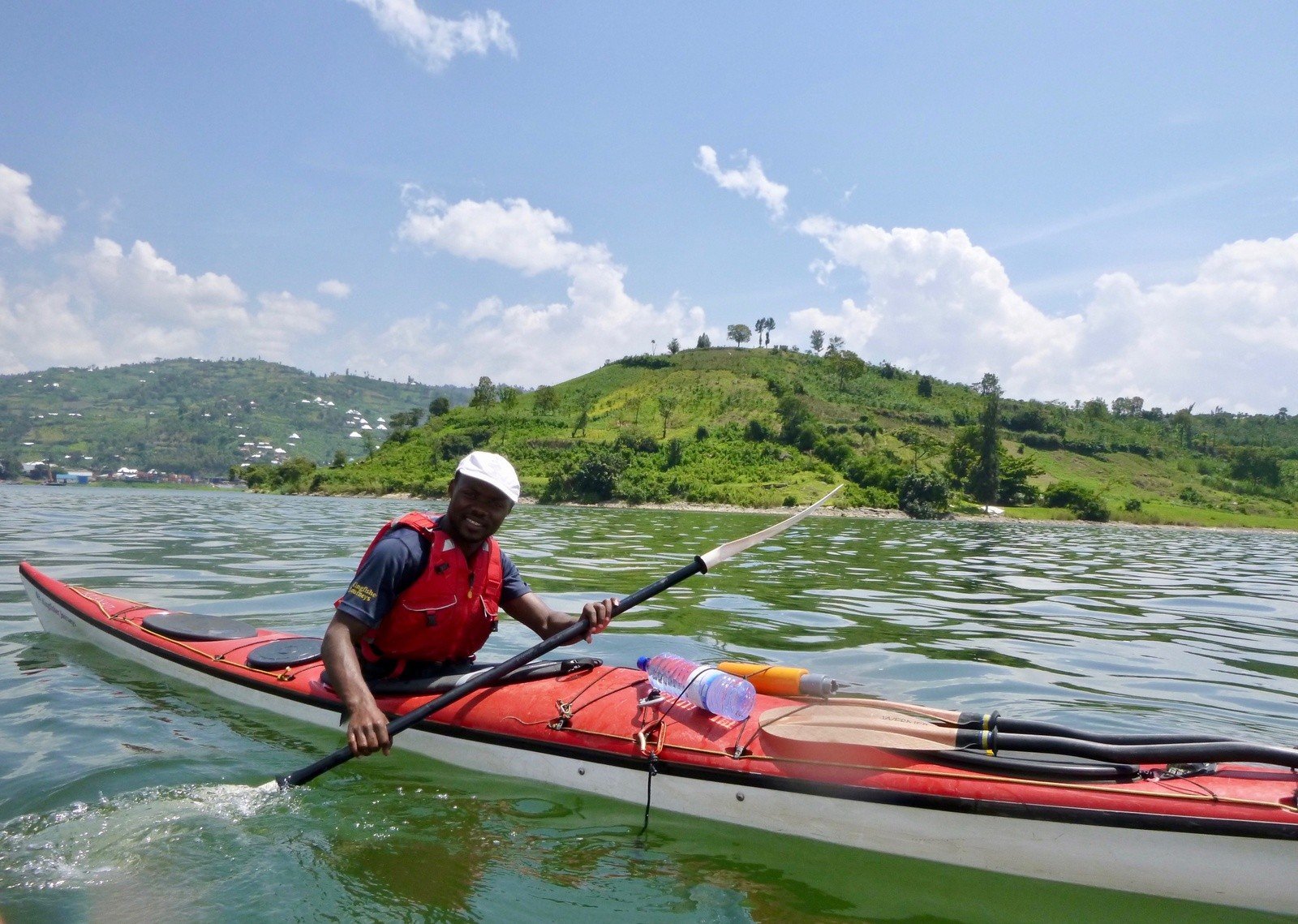
Sam Bruce, Co-Founder of Much Better Adventures, explains, “When Albania opened up to tourism, as is usually the case, it was adventure travellers who came to explore it first. They don’t mind the lack of traditional tourism infrastructure, in fact it’s one of the main draws.” Since seeing this first hand, Much Better Adventures has encouraged Albania to become an adventure travel destination – it’s the only type of tourism that will protect it.
When it comes to places that have experienced a natural disaster or human conflict, it’s also often adventurers that are the first willing to return. While the media is quick to report a crisis, it’s slow to deliver news of recovery. In some places, intrepid returning tourists can play a role in restoring faith in a destination and instilling hope.
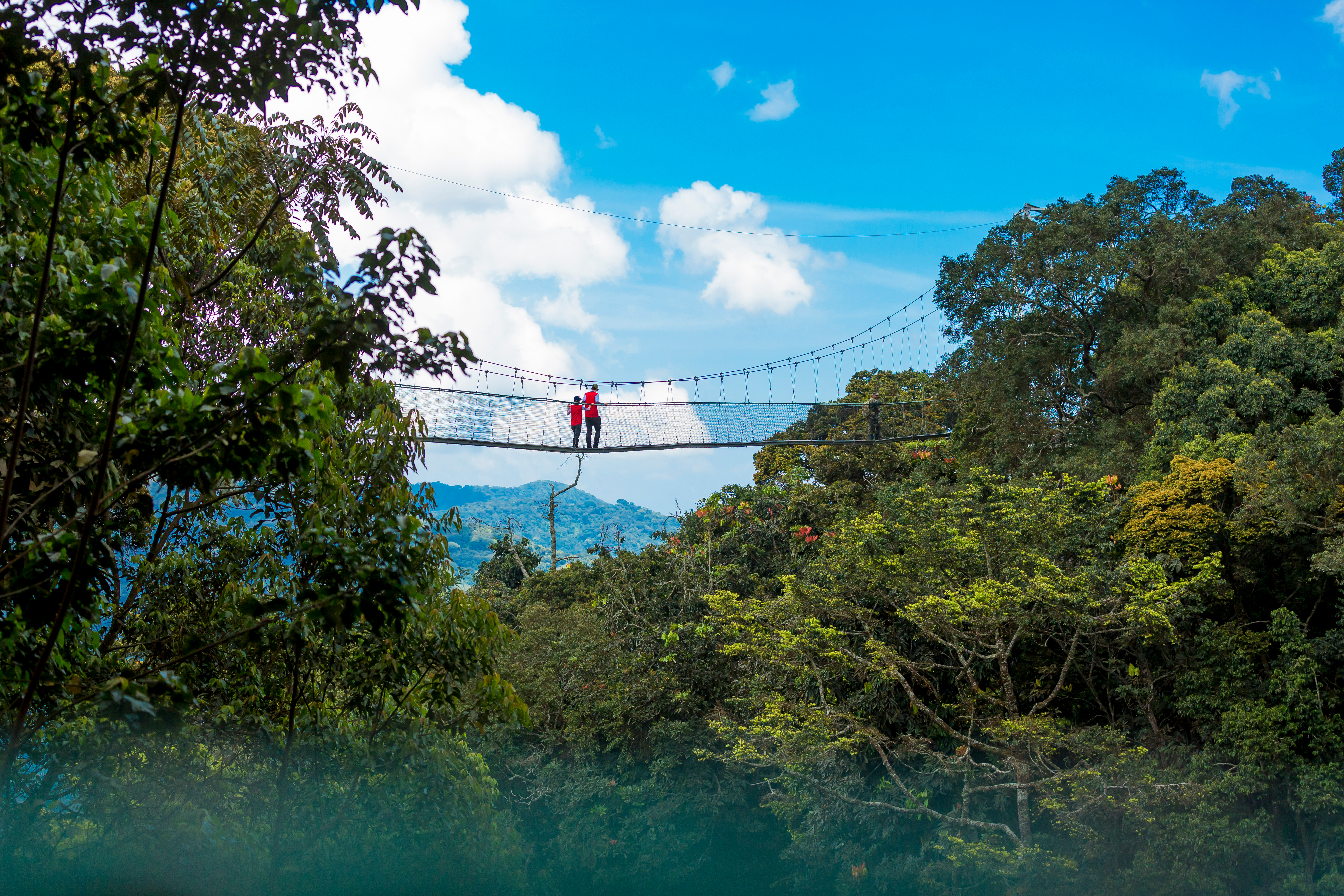
Tourism has another subtler regenerative role to play, too. Sam explains, “We’re always amazed at how intrepid Eastern Europe feels. In places like Bosnia, our local hosts want to share their story, and they’re happy to talk about their sensitive history. Building greater understanding between different people and cultures is an important part of adventure travel.”
If you’d like to go on a small-scale adventure that is helping destinations suffering from undertourism, take a look at the adventure holidays on Much Better Adventures now.


